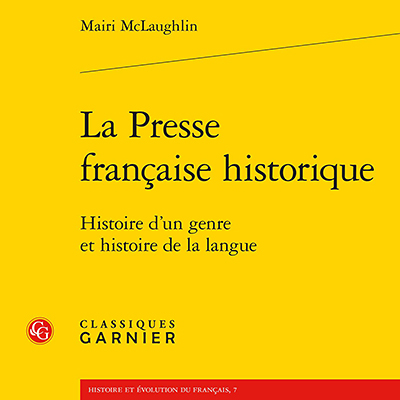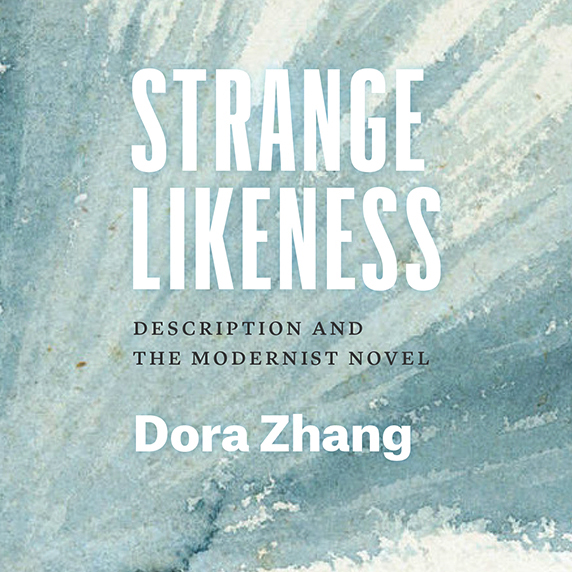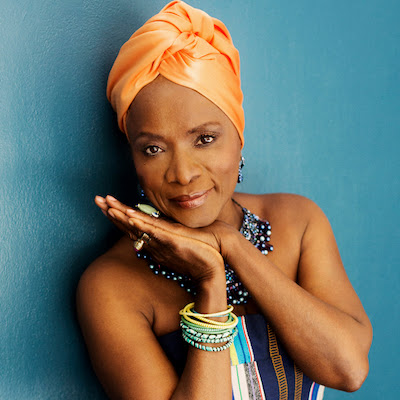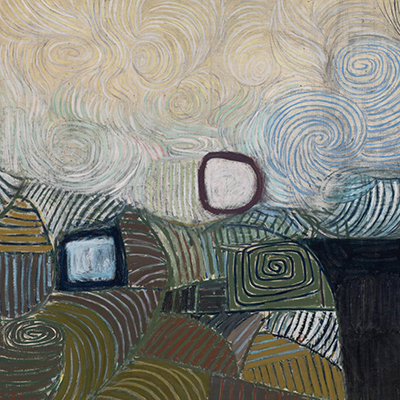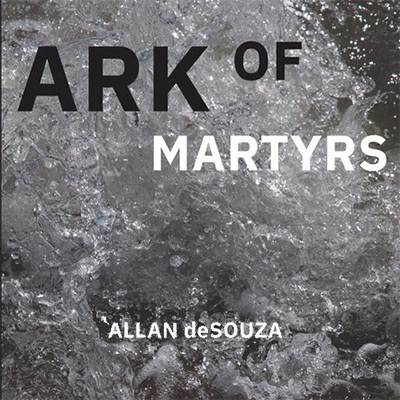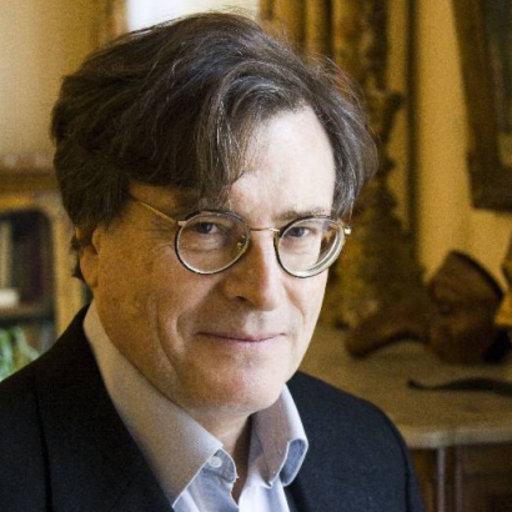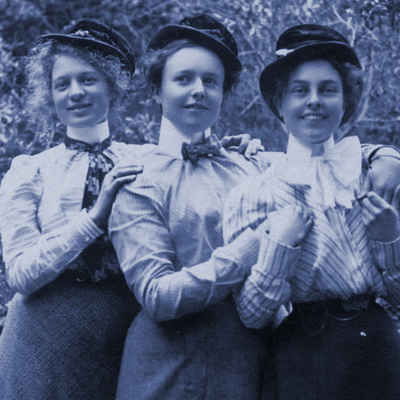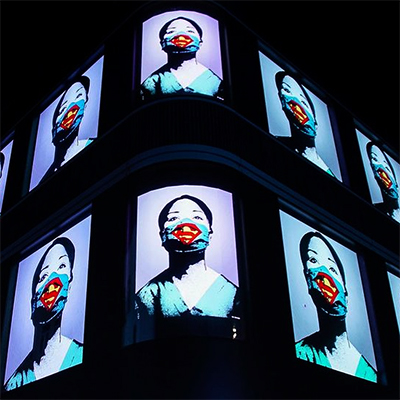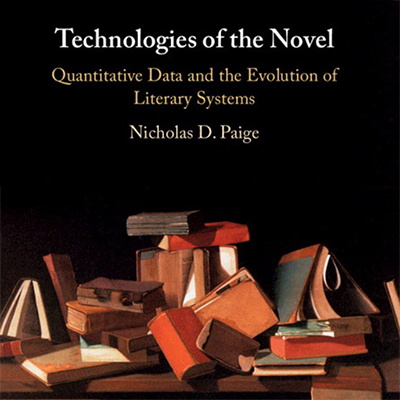La Presse française historique: histoire d’un genre et histoire de la langue
In the first major study of the language of historical French newspapers and periodicals, Mairi McLaughlin sheds light on our understanding both of the history of French and of language variation and change. The conversation will be conducted in English.
Critics have largely neglected description as a feature of novelistic innovation during the 20th century. Dora Zhang argues that descriptive practices were in fact a crucial site of attention and experimentation for a number of modernist writers.
Music, the Diaspora, and the World
Angélique Kidjo is the 2021-22 Cal Performances artist-in-residence. She talks with UC Berkeley scholars about the global circulation of African musical forms and musicians, their worldwide significance, and their social power.
Exploring the literary, cultural, and political value of poetry in the twenty-first century, Eric Falci shows how poems matter, and what they offer to readers in the contemporary world.
Amanda Anderson is Andrew W. Mellon Professor of Humanities and English and director of the Cogut Institute for the Humanities at Brown University.
Allan deSouza’s rewriting of Joseph Conrad’s Heart of Darkness substitutes Conrad’s words with ones that loosely rhyme, creating a linguistically and psychologically complex portrait of dystopian contemporary life.
The Secular State and Religious Tolerance
Is secularism compatible with religious tolerance? Denis Lacorne explores the impact of secular regimes on religious tolerance, focusing on religious symbols and the space granted to them in the public square.
An Ongoing Revolution
Commemorating 150 years of women at Berkeley, faculty members from the humanities discuss how issues of gender and feminism have shaped scholarship and teaching.
Antonella Bonfanti, Abigail De Kosnik, and Jeffrey Skoller examine how the practices and study of visual culture are shaped by the current political and public health crises.
Technologies of the Novel: Quantitative Data and the Evolution of Literary Systems
In a study based on the systematic sampling of nearly 2,000 French and English novels written between 1601 and 1830, Nicholas Paige offers a new conception of the novel as a technology of patterned systems in constant flux.
